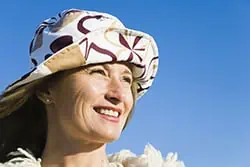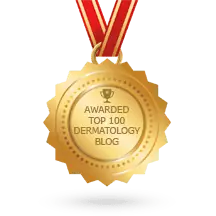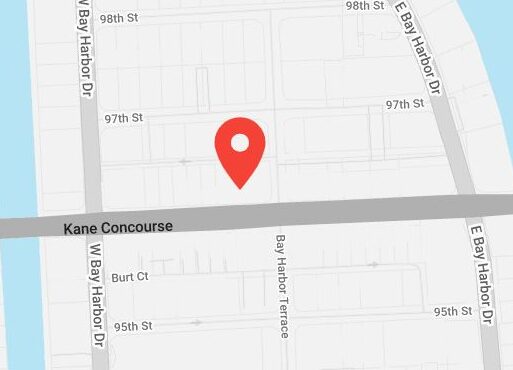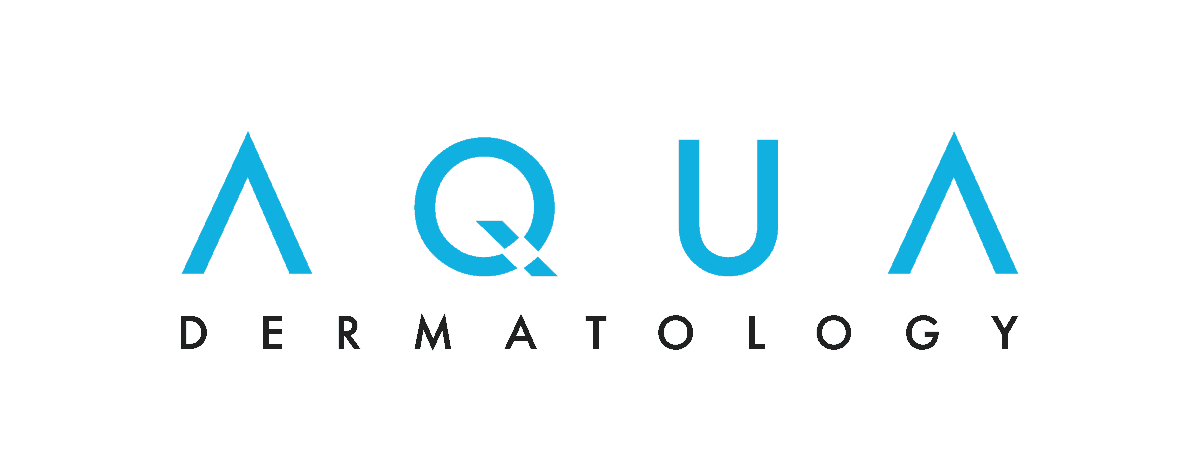 If you find yourself having trouble focusing on work, then you’re not alone. It can be tough to stay focused with the summer sun calling your name. However, with that sun comes the usual cautions about the dangers of sun damage. We just keep learning more about the effects of ultraviolet (UV) rays on the skin, and while that’s good news, the bad news is that we keep discovering just how harmful these rays are to our skin cells, resulting in skin cancer and accelerated aging. While you might be tired of hearing about the dangers of having fun in the sun, it is important to stay vigilant and proactive, protecting you and your family from the dangers of sun damage. A new study has shown just how much those UV rays attack our skin cells, giving you yet another reason to make your sun exposure safe and mindful.
If you find yourself having trouble focusing on work, then you’re not alone. It can be tough to stay focused with the summer sun calling your name. However, with that sun comes the usual cautions about the dangers of sun damage. We just keep learning more about the effects of ultraviolet (UV) rays on the skin, and while that’s good news, the bad news is that we keep discovering just how harmful these rays are to our skin cells, resulting in skin cancer and accelerated aging. While you might be tired of hearing about the dangers of having fun in the sun, it is important to stay vigilant and proactive, protecting you and your family from the dangers of sun damage. A new study has shown just how much those UV rays attack our skin cells, giving you yet another reason to make your sun exposure safe and mindful.
Cell Damage from UV Rays
British researchers recently took a closer look at the effects of UV rays on the skin cells of several people, to gain insight on just how dangerous soaking up the sun can be. Skin studied for this investigation were from people who were all middle-aged, and mostly of Western European descent. At this stage, researchers took a look at the eyelid skin cells of just four people, yet saw some disturbing patterns in the DNA damage caused by the sun.
Findings of the Study
According to researchers, 25% or more of the cells examined had sun-related DNA damage, displaying mutations that could eventually lead to early stages of cancer. Dr. Peter J. Campbell, the cancer geneticist leading the study, was surprised by the hundreds of mutations found that could link to cancer, calling the numbers “way higher than we’d expect.”
While there are still many questions left unanswered—for example, the rate of mutations on other areas of the body, the rate of affected cells vs. the rate of cancer, and the effect of ethnicity on the number of DNA mutations—the implications of the study are still sobering. A longtime researcher of UV rays’ effect on skin, Douglas E. Brash of Yale has called the new study “a canary in a coal mine” and urges that the effects of UV radiation should be taken seriously. Dr. Brash’s own team has shown that the effects of UV radiation continue even after exposure has occurred, causing damage for hours afterward.
Protecting Yourself
So what does this mean for you and your family? First of all, if you have children, your first priority should be protecting their skin from the sun. Mutations that can be prevented early can keep these cells from creating clones, lowering the risks of skin cancer. No matter what your age, you should also be diligent in keeping your skin as safe as possible. It’s not possible to get rid of these skin mutations once they occur, so your best bet is prevention.
Sunscreen is a good first step, especially around 30-50 SPF sunscreens made with zinc oxide or titanium oxide, but this is not the only method you should be relying on. Most people do not use enough to be effective, nor do they use it as often as they should. You should also try to stay out of the sun, especially during peak afternoon hours, and cover your skin when possible.
Finally, it is very important to get regular skin cancer screenings. If caught early, most forms of skin cancer are highly treatable.
Sun Damage Reversal
While it’s not possible to reverse all the effects of sun damage, you can help reverse some of the aesthetic effects of UV rays. Sun damage doesn’t just result in skin cancer, it can also cause premature aging, triggering early wrinkling, sagging skin, and unwanted brown pigmentation. Depending on the issue, there are a number of minimally invasive skin treatments that can help, including:
- Laser resurfacing
- Chemical peel
- Microdermabrasion
- Ultherapy®
- IPL (intense pulsed light)
The Best Solution for You
The Florida sun can be harsh, especially in the heat of summer. People in sunny climates need to be especially careful about the dangers of sun damage, and it’s a great idea to enlist the help of a board certified dermatologist to help keep skin looking young, beautiful, and healthy. A dermatologist can help you with skin care and sun protection tips, provide screenings for cancer, and administer powerful skin treatments to brighten your complexion and offset sun damage.
Dr. Diane Walder is a nationally renowned cosmetic dermatologist specializing in cosmetic procedures and skin cancer detection and treatment. To learn more and to schedule an appointment with Dr. Walder and her colleagues in the Bal Harbor Islands, call (305-866-2177) today.



